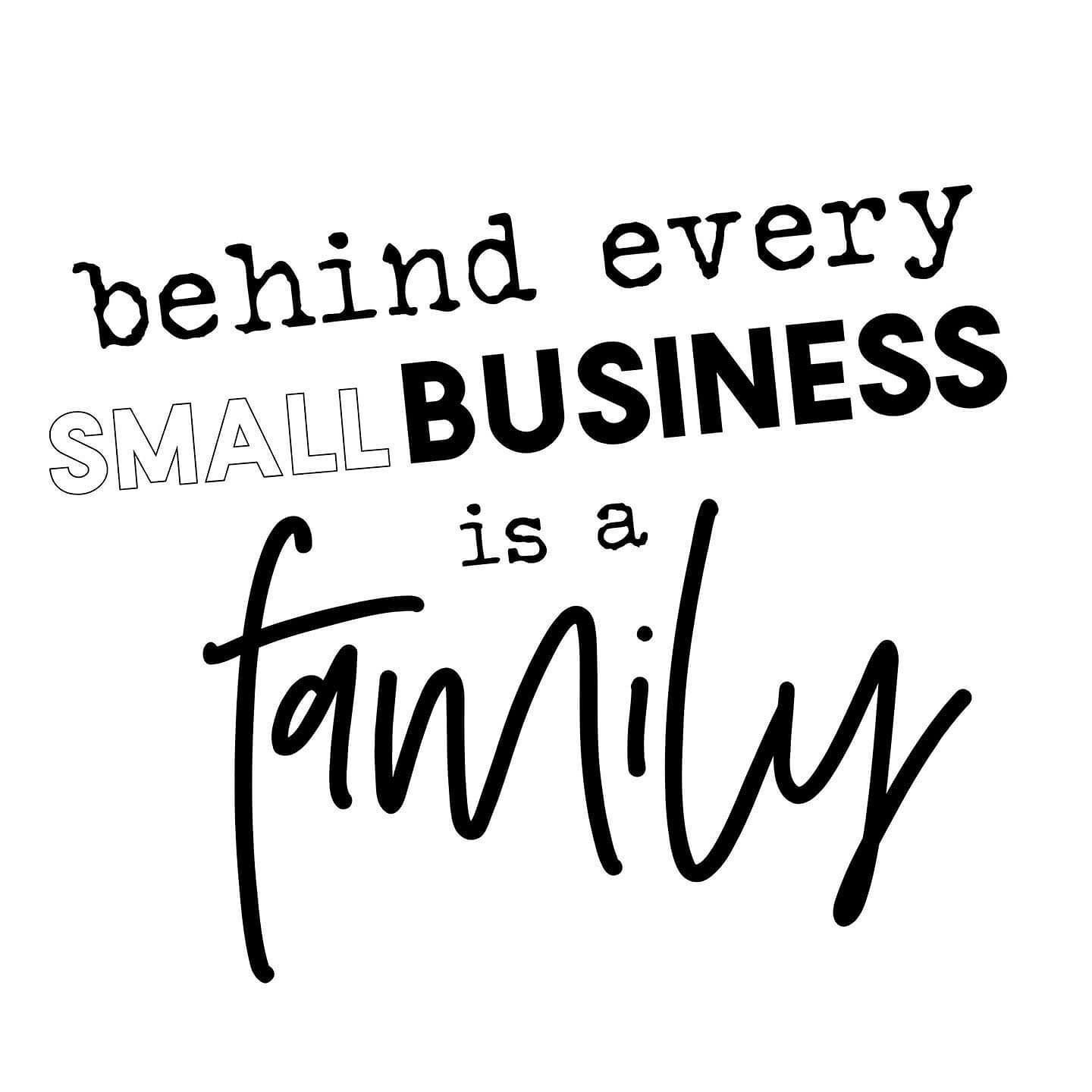Introduction: The New Reality for Small Businesses
In 2025, small business owners across Canada—especially in hubs like London, Ontario—are facing a financial challenge that feels heavier than ever. With interest rates staying high and banks tightening credit, many entrepreneurs are discovering that the biggest obstacle to growth isn’t sales, but cash flow. It’s a simple truth: businesses don’t fail because of profit on paper, they fail because they run out of cash in the bank. Even profitable companies can collapse if their receivables are slow, payables are mismanaged, or taxes drain liquidity at the wrong time. That’s why accountants and CPAs are stressing a new mantra in 2025: Cash Flow is King.

This article dives deep into advanced tax and accounting strategies you can implement to strengthen your cash position. Whether you’re running a trades business, an e-commerce store, a professional practice, or a real estate corporation, the principles are the same.
We’ll walk through:
- Accelerating receivables without losing clients
- Smartly deferring payables to hold on to cash longer
- Using tax deferral strategies to smooth out seasonal crunches
- Leveraging a Fractional CFO to give your business professional cash flow forecasting at a fraction of the cost

Why Cash Flow Matters More Than Ever in 2025?
In past years, business owners in Canada could rely on cheap credit lines and flexible banks to smooth over gaps. Not anymore. According to BDC and CFIB surveys, small businesses are reporting:
- Higher borrowing costs: Prime rates are still elevated, making loans and credit lines expensive.
- Slower client payments: Inflation is pushing customers to delay payables, creating a domino effect.
- Reduced bank support: Lenders are demanding stricter documentation and financial statements.
For businesses in London, Ontario, this reality is hitting particularly hard. Many local trades, restaurants, and e-commerce startups are struggling to keep steady cash on hand while managing payroll, rent, and CRA remittances.
The takeaway? Profitability doesn’t guarantee survival anymore—liquidity does.
In past years, business owners in Canada could rely on cheap credit lines and flexible banks to smooth over gaps. Not anymore. According to BDC and CFIB surveys, small businesses are reporting:
- Higher borrowing costs: Prime rates are still elevated, making loans and credit lines expensive.
- Slower client payments: Inflation is pushing customers to delay payables, creating a domino effect.
- Reduced bank support: Lenders are demanding stricter documentation and financial statements.
For businesses in London, Ontario, this reality is hitting particularly hard. Many local trades, restaurants, and e-commerce startups are struggling to keep steady cash on hand while managing payroll, rent, and CRA remittances.
The takeaway? Profitability doesn’t guarantee survival anymore—liquidity does.
Strategy 1: Accelerate Receivables Without Burning Bridges
A strong inflow of cash starts with how quickly you collect from clients. Here’s what works:
1. Offer Early Payment Incentives
Give a 1–2% discount for invoices paid within 10 days. Even if your margins are slim, the cost of discounting is far less than the interest rate on a loan.
2. Switch to Progress Billing
Instead of waiting until a project ends, bill in stages. Contractors, consultants, and agencies in London can use milestone billing to lock in cash earlier.
3. Use Automated Reminders
A strong inflow of cash starts with how quickly you collect from clients. Here’s what works:
1. Offer Early Payment Incentives
Give a 1–2% discount for invoices paid within 10 days. Even if your margins are slim, the cost of discounting is far less than the interest rate on a loan.
2. Switch to Progress Billing
Instead of waiting until a project ends, bill in stages. Contractors, consultants, and agencies in London can use milestone billing to lock in cash earlier.
3. Use Automated Reminders
Most accountants will set up automated QuickBooks or Zoho Books reminders that nudge clients politely. It’s one of the simplest ways to cut down on “I forgot” excuses.
4. Require Deposits
For new clients, especially in trades or real estate projects, a 25–50% upfront deposit is a healthy norm in Canada. It protects you against late payers.

Strategy 2: Deferring Payables the Smart Way
Cash isn’t just about how fast it comes in—it’s also about how long you can hold on to it. The key is deferring payables without damaging supplier relationships.
1. Negotiate Terms
Instead of paying vendors in 30 days, push for 45–60 days. Many Canadian suppliers expect negotiation and will accommodate if you’ve been reliable.
2. Use Credit Cards Wisely
Paying suppliers with a business credit card can buy you an extra 30 days of float. Just ensure balances are cleared monthly to avoid high interest.
3. Leverage Supplier Financing
Some large suppliers in Ontario offer their own financing options. If structured correctly, this can free up cash for other operational needs.
4. Prioritize Strategic Payments
When cash is tight, rank your payables. CRA remittances and payroll are non-negotiable, while some vendor invoices can be negotiated. An accountant can help structure this rotation strategically.

Strategy 3: Tax Deferrals and Timing
Taxes are one of the biggest drains on small business cash. A CPA can help you use legitimate strategies to keep cash in the business longer.
If you haven’t already incorporated, 2025 might be the year. An incorporated business can defer personal taxes by leaving earnings in the corporation at a lower corporate tax rate.
2. Installment Management
Many Canadian businesses overpay CRA installments because they don’t calculate them properly. An accountant in London can project your actual liability and reduce unnecessary cash outflow.
3. Expense Timing
Strategically timing when you purchase equipment or claim expenses can push deductions into high-income years, reducing taxes when you need cash the most.
4. SR&ED and Grants
For innovative businesses, Scientific Research & Experimental Development (SR&ED) credits or Ontario innovation grants can refund a portion of R&D costs—often putting real cash back in your bank account.

Strategy 4: Fractional CFO Services
Not every small business can afford a full-time CFO, but almost every business needs one in 2025. That’s where a Fractional CFO comes in.
A Fractional CFO is a part-time financial strategist—often a CPA or senior accountant—who provides:
- Cash Flow Forecasting: Month-by-month projections of when cash will come in and go out.
- Scenario Planning: What happens if sales dip 20%? What if you add a new staff member?
- Bank Negotiations: A CFO brings credibility when negotiating with lenders in Canada.
- Tax Optimization: Ensuring cash isn’t drained prematurely by mismanaged tax strategies.
In London, Ontario, more small businesses are turning to firms like Bhundhoo Tax Professional Corporation for Fractional CFO support. It’s the middle ground between doing it yourself and hiring an expensive executive.
Real-World Example: Contractors in London
Take a general contractor in London with $1.2M in annual revenue. On paper, business is booming. But here’s the problem:
- Clients take 60 days to pay invoices

- Suppliers demand 30 days or less
- Payroll hits every two weeks without fail
- CRA HST remittances pile up quarterly
Result? The contractor is constantly cash-strapped, even while profitable.
With the right accounting strategy, here’s what changes:
- Progress billing cuts receivable days down to 30.
- Negotiated payables extend supplier terms to 45 days.
- Fractional CFO forecasting highlights seasonal dips, so the business builds reserves in busy months.
- Tax planning defers personal draws, keeping corporate cash intact at a lower tax rate.
This combination transforms a stressful scramble into predictable liquidity.
Local Perspective: London, Ontario Businesses
London has a vibrant small business scene—contractors, restaurants, e-commerce sellers, and professional service firms. But many are discovering that survival depends less on sales and more on how well their CPA manages cash flow strategy.
London has a vibrant small business scene—contractors, restaurants, e-commerce sellers, and professional service firms. But many are discovering that survival depends less on sales and more on how well their CPA manages cash flow strategy.
For instance:
- E-commerce sellers often tie up cash in inventory, making cash flow forecasting essential.
- Restaurants struggle with thin margins, so tax installment planning can be the difference between surviving winter or shutting doors.
- Contractors need receivable acceleration and supplier negotiation to keep projects moving.
- Contractors need receivable acceleration and supplier negotiation to keep projects moving.
As a CPA firm rooted in London, Ontario, we see firsthand how businesses that invest in professional accounting services don’t just survive—they grow even in tight credit environments.

Action Plan for 2025
Here’s how small businesses in Canada can protect liquidity this year:
- Audit your cash cycle: How many days do you wait for receivables? How quickly do you pay suppliers?
- Engage your accountant: A CPA in London can spot tax deferral opportunities you’re missing.
- Forecast monthly: Don’t wait until cash runs out—map the next 12 months.
- Adopt automation: Use tools like QuickBooks, Zoho, or Fathom for real-time dashboards.
- Explore Fractional CFO support: Professional insight often pays for itself through avoided shortfalls.
Conclusion: Stay Liquid, Stay Alive
In 2025, Canadian businesses can’t rely on cheap debt or loose credit. Cash flow is king, and those who master it will outlast competitors.
The good news?
You don’t have to figure it out alone.
With the right accountant,  CPA AMIT BHUNDHOO
CPA AMIT BHUNDHOO
a cash-focused tax strategy, and proactive forecasting, your business in London, Ontario can stay liquid, profitable, and ready for growth.
At Bhundhoo Tax Professional Corporation, our CPA-led team specializes in helping small businesses like yours optimize cash flow, reduce taxes, and plan strategically. Whether you need year-round accounting, tax preparation, or full Fractional CFO services, we’re here to keep your business ahead of the curve.
